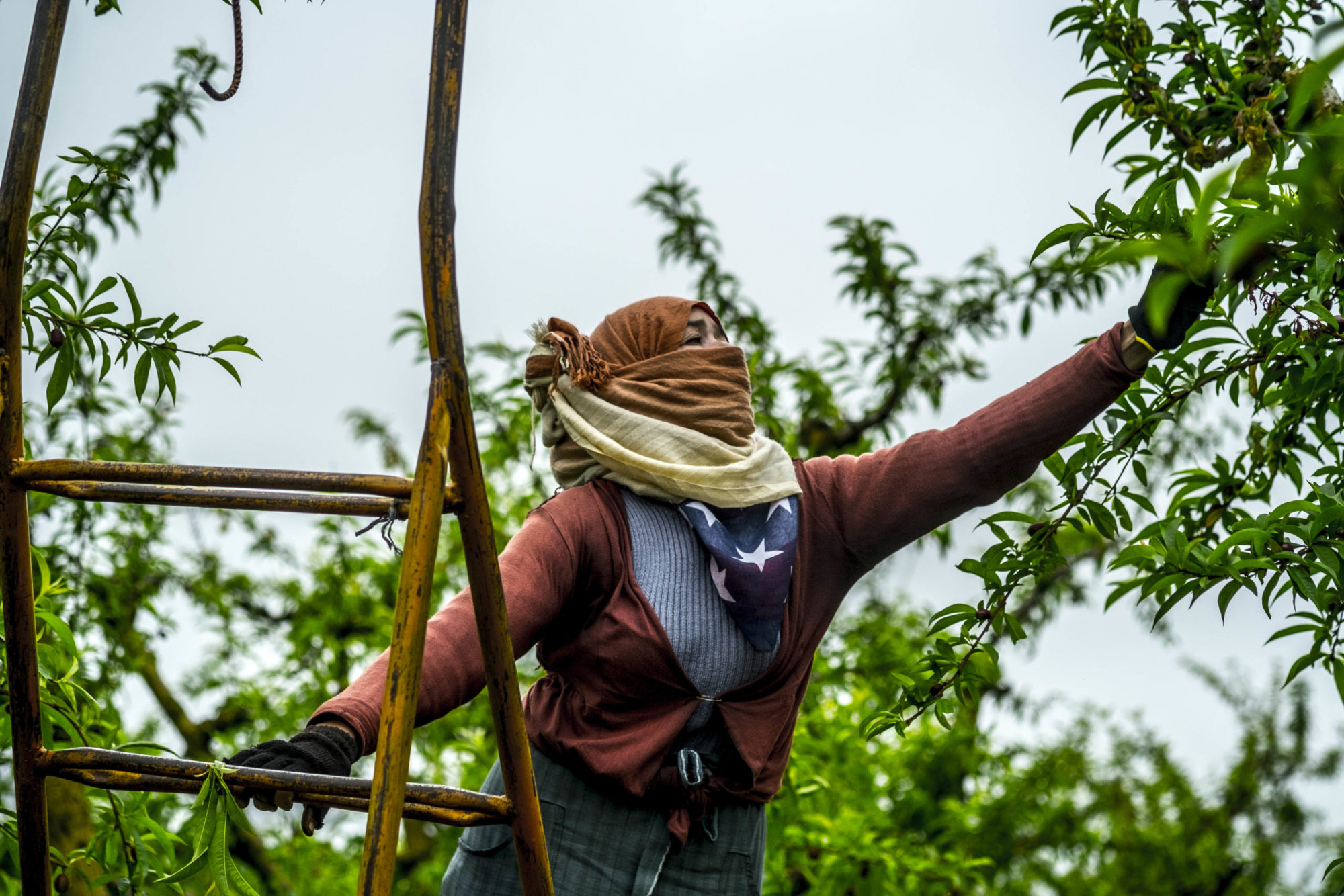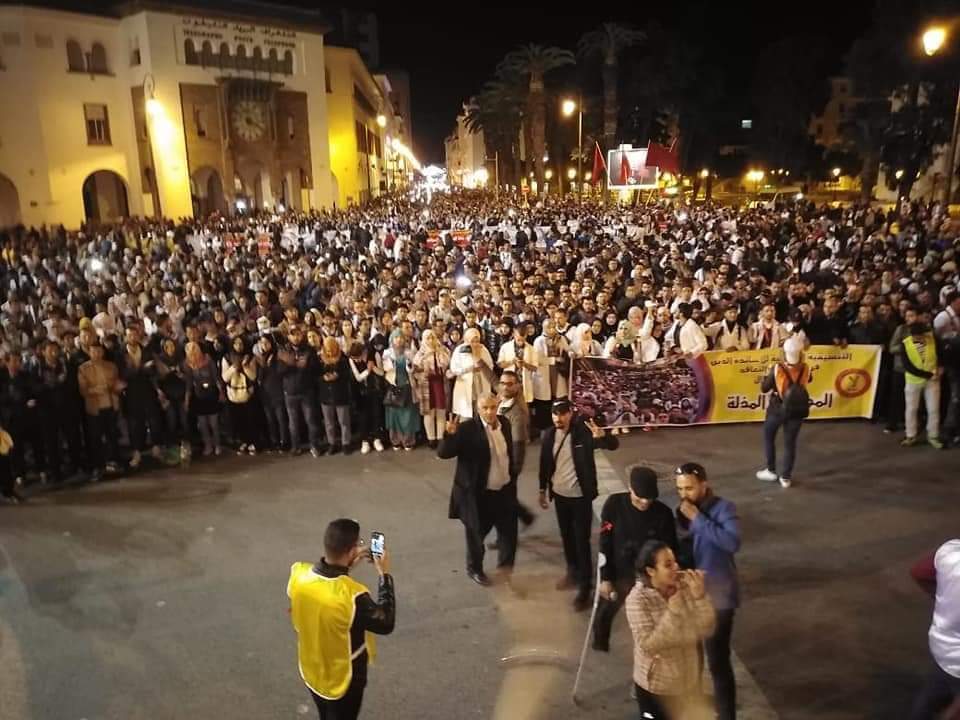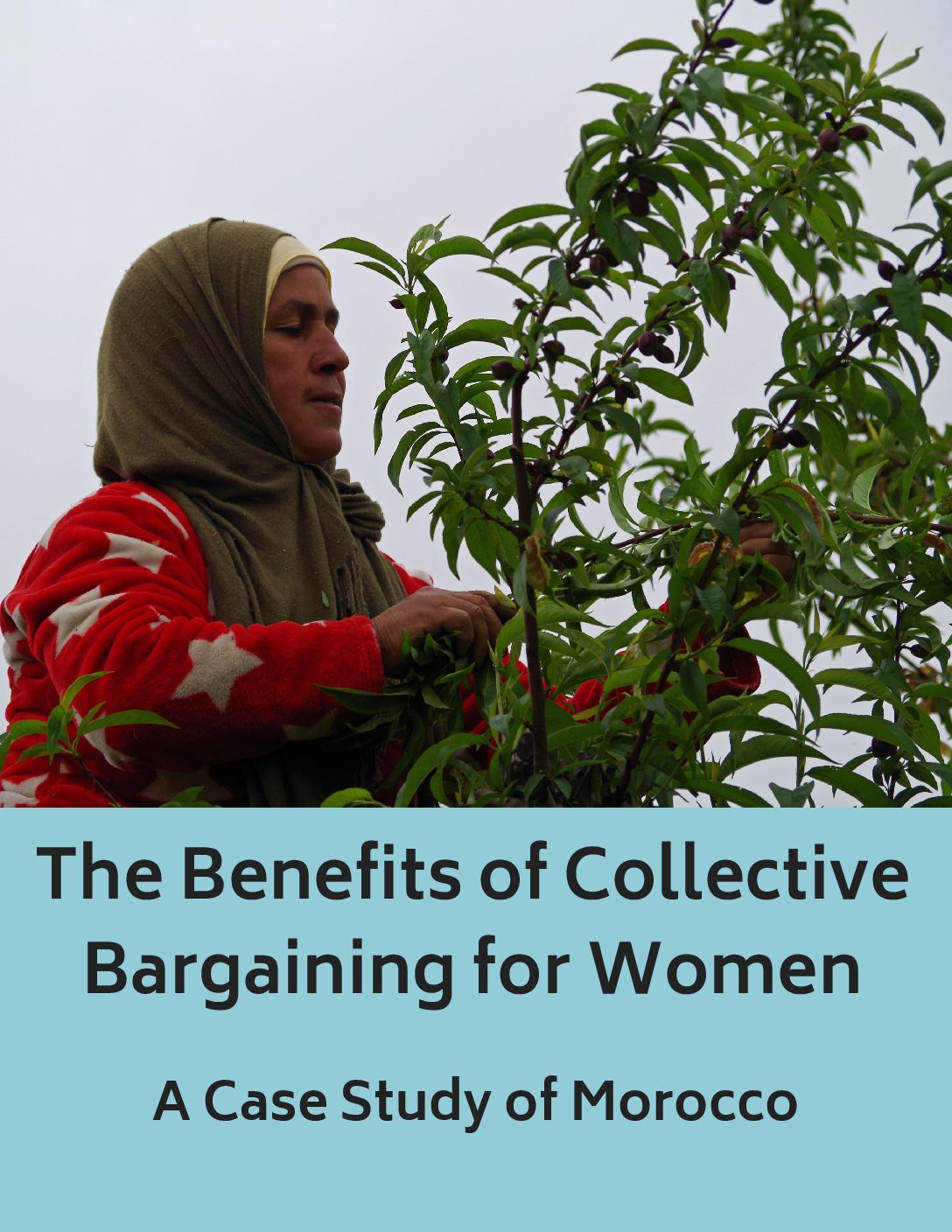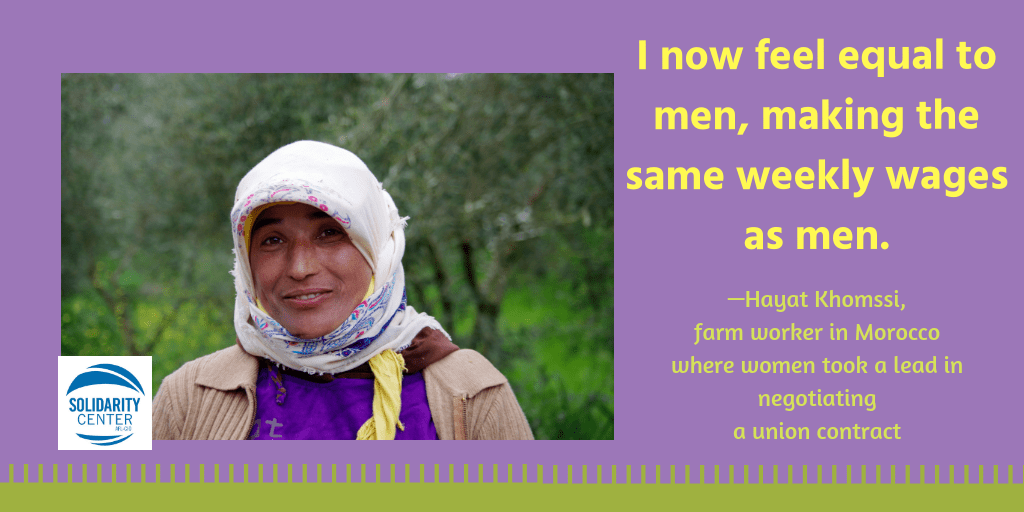Recent massive teacher protests in Morocco demanding the government create permanent employment contracts is not an issue confined to the education sector—the extent to which decent jobs are available affects the future of the country, say leaders of the Democratic...

In Morocco, the Solidarity Center builds the capacity of workers and local unions through leadership development and advocacy for the rights of women, including agricultural workers. Credit: Solidarity Center/Zineb Arraki
The Benefits of Collective Bargaining for Women: A Case Study of Morocco
This study by the International Center for Research on Women (ICRW) and Solidarity Center finds women workers in Morocco’s fertile Meknes region are making big gains in gender equality on the job through their union, the Confédération Démocratique du Travail (CDT)....
Women Farm Workers in Morocco Gain Equal Voice at Work
Nearly half of the 4 million workers who labor in Morocco’s agricultural fields are women, yet they receive less pay and are granted fewer opportunities to improve their wages or working conditions than their male co-workers. But through their union, the Confédération...



